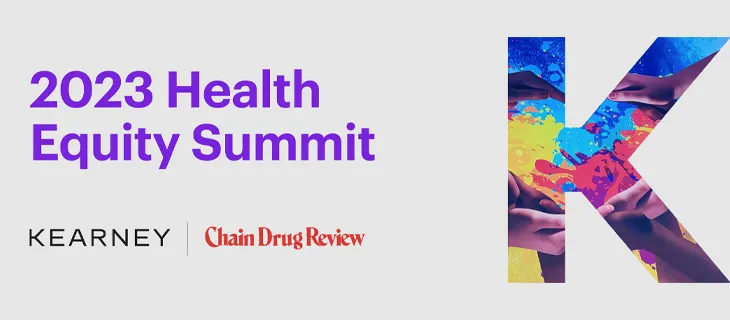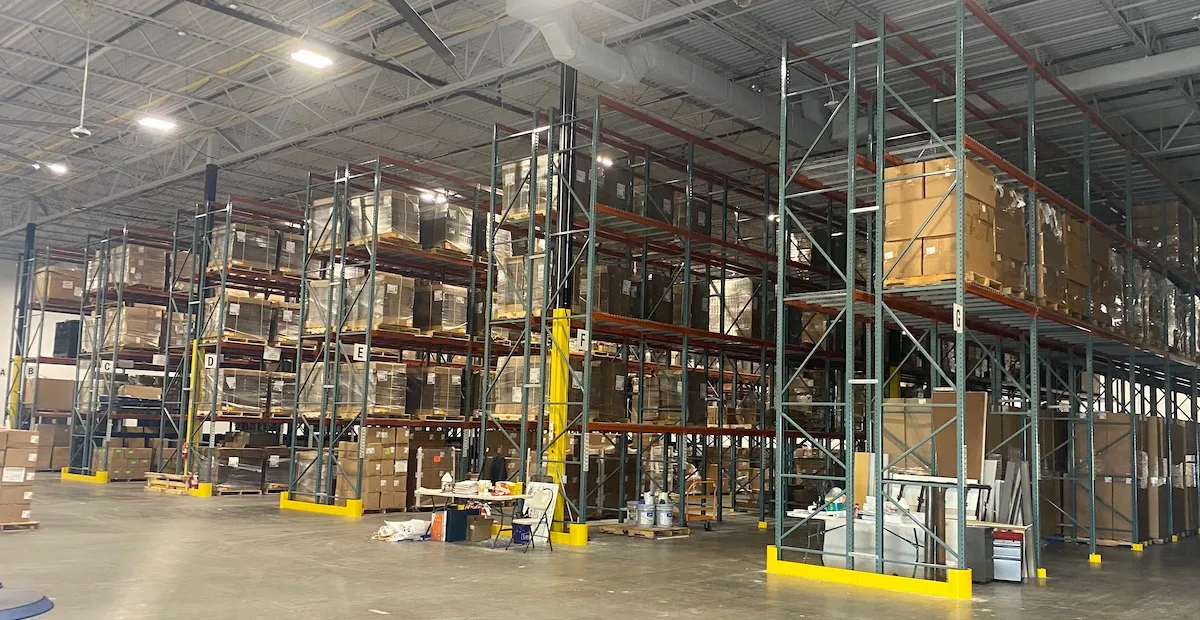When AscellaHealth released its Q3 2023 Specialty & Rare Pipeline Digest, an expert resource for FDA approval status of specialty pharmaceuticals and cell and gene therapies (CGT), this complimentary, digital source of industry information elevated support for the specialty drug market needs of all stakeholders and decision makers, including pharmaceutical manufacturers, payers, providers and retail pharmacy professionals. Essential updates on products are highly valued since they may impact millions of individuals living with or affected by a rare disease or complex, chronic conditions and the use of specialty drug products.

Andy Szczotka
Analysts project that patient treatment costs are expected to rise by 7% in 2024, primarily driven by general inflation, increases in pharmaceutical prices and newer pharmaceutical agents. Specialty drugs continue to be the main category in the FDA’s pipeline for new approvals during the third quarter of 2023, as nearly 80% of the drugs that the FDA is expected to approve this year are specialty drugs, including costly drugs for relatively rare diseases or drugs that need special handling. Approvals for drugs utilized to treat devastating disease states such as Alzheimer’s, Myasthenia Gravis and ALS provide hope for an improved quality of life for patients and their caregivers. However, they also have the potential to contribute to an increase in the payer drug spend, expenditures that must be accurately accounted for in 2024 strategic planning.
Recent CGT approvals as well 2as the medications in the pipeline offer the hope of a cure for previously incurable disease states, such as hemophilia and sickle cell disease. Existing treatments are very costly, some with rigid and demanding treatment schedules, that ultimately still allow the disease to progress. Payers will need to evaluate the benefits and risks of these therapies, including safety, stability and cost. In addition, the FDA plans to use the accelerated approval pathway more often with CGTs, which payers may want to consider as they look at coverage.

The impact of additional biosimilars coming to market, along with their increased utilization and more care being provided in outpatient settings may partially offset these expenditures. The growing availability of biosimilars, the generic counterparts to biologic drugs, is significant since prices for biosimilars are on average 50% less than the drugs for which they can substitute.
While more biosimilars provide additional treatment options and lower costs, their full impact is looming. Specifically, there are currently 11 newer versions of adalimumab, originally known as Humira. Formulary positioning, lower pricing strategies, additional products with higher strengths and interchangeability designations will likely provide biosimilars with a more significant impact in the marketplace in 2024. The addition of biosimilars for new disease states and new delivery systems will help to continue the impact of biosimilars in the market with more treatment options and improved pricing. The Specialty and Rare Pipeline Digest provides insight into the upcoming biosimilar entrants and their potential impact.
Supporting commercialization of specialty drugs
Amid the relentless efforts of pharmaceutical manufacturers to develop and introduce these groundbreaking therapies, there is a growing need for this level of approval information to fuel collaboration among all stakeholders. Empowered with current FDA approval status of specialty drugs as provided in AscellaHealth’s Q3 2023 Specialty & Rare Pipeline Digest, decision makers and retailers can further ensure that these advancements translate into optimal treatment access, patient care and outcomes.
To further advance these goals, many drug manufacturers and health plan payers choose to work with a single-source partner that provides end-to-end, global solutions which result in streamlined commercialization of specialty drugs, cost savings for clients and an optimal treatment journey for the rare disease/specialty population. Throughout the global marketplace, organizations are seeking key core services that span pre-commercialization and market access, exclusive distribution, wholesale and 3PL services, and international specialty pharmacy fulfillment, including limited-distribution drugs.
The role of pharmacy retailers is likely to change with increased service offerings from health care and specialty pharmacy solutions organizations that provide comprehensive HUB and patient support programs as well as specialty pharmacy and medical benefit management. In this environment, pharmacies continue their struggle to provide personalized care and a personal touch, although they offer convenience and fast delivery. However, many fall short in providing extensive patient management and monitoring of complex treatment plans and protocols that are required for specialty medications and rare disease therapies.
Anticipating a dynamic landscape: Insights for 2024 and beyond
Looking ahead to 2024, it promises to be an intriguing year, particularly in the context of the forthcoming editions of the AscellaHealth Pipeline Reports. All indications strongly suggest a rising influx of specialty medications along with anticipated FDA approvals. Undoubtedly, this wealth of data will significantly influence the strategic planning and execution of drug launches, commercialization efforts and health benefits planning not just for the upcoming year but also for the years to follow.
Andy Szczotka is chief pharmacy officer of AscellaHealth.









